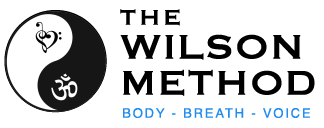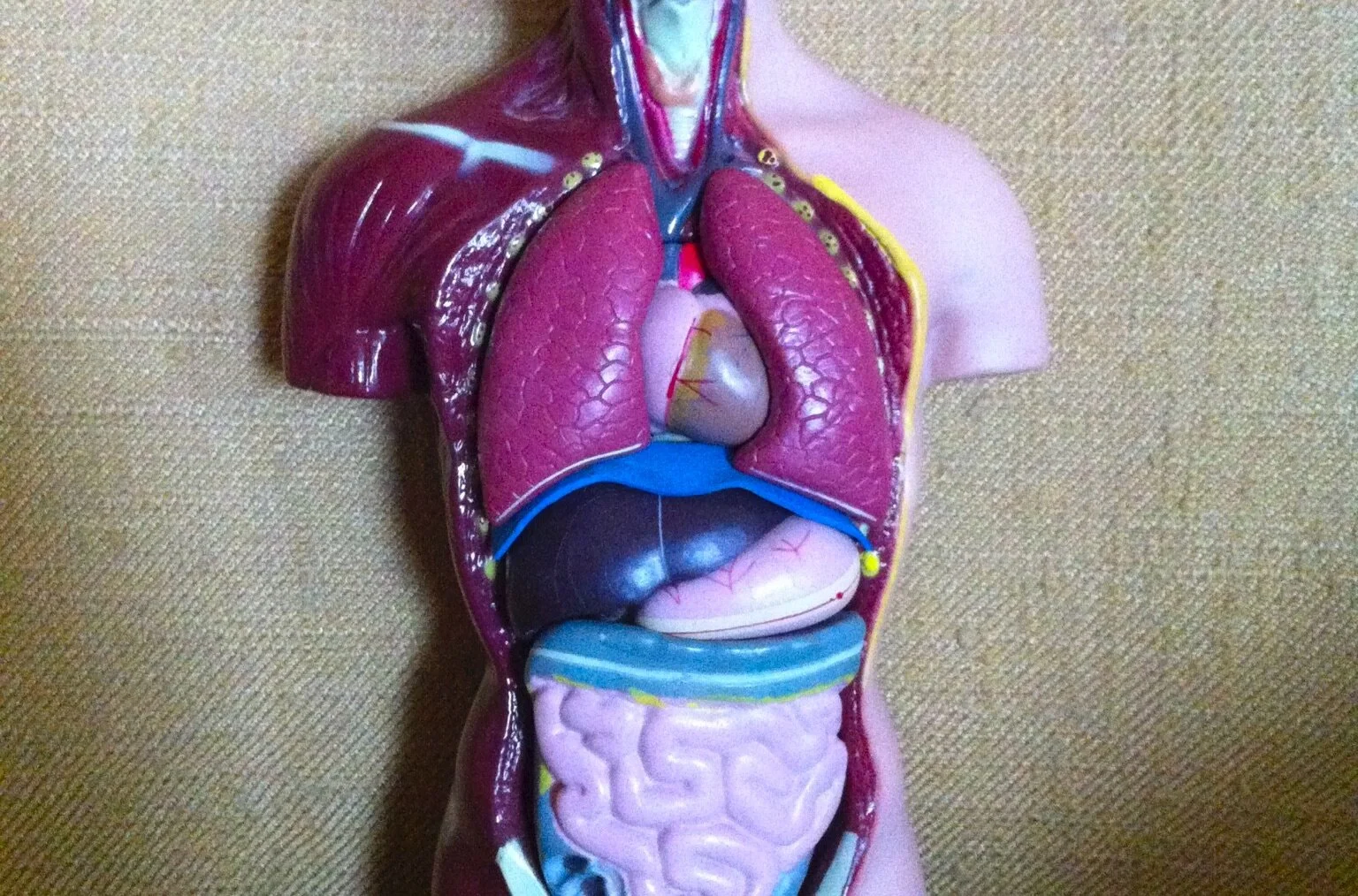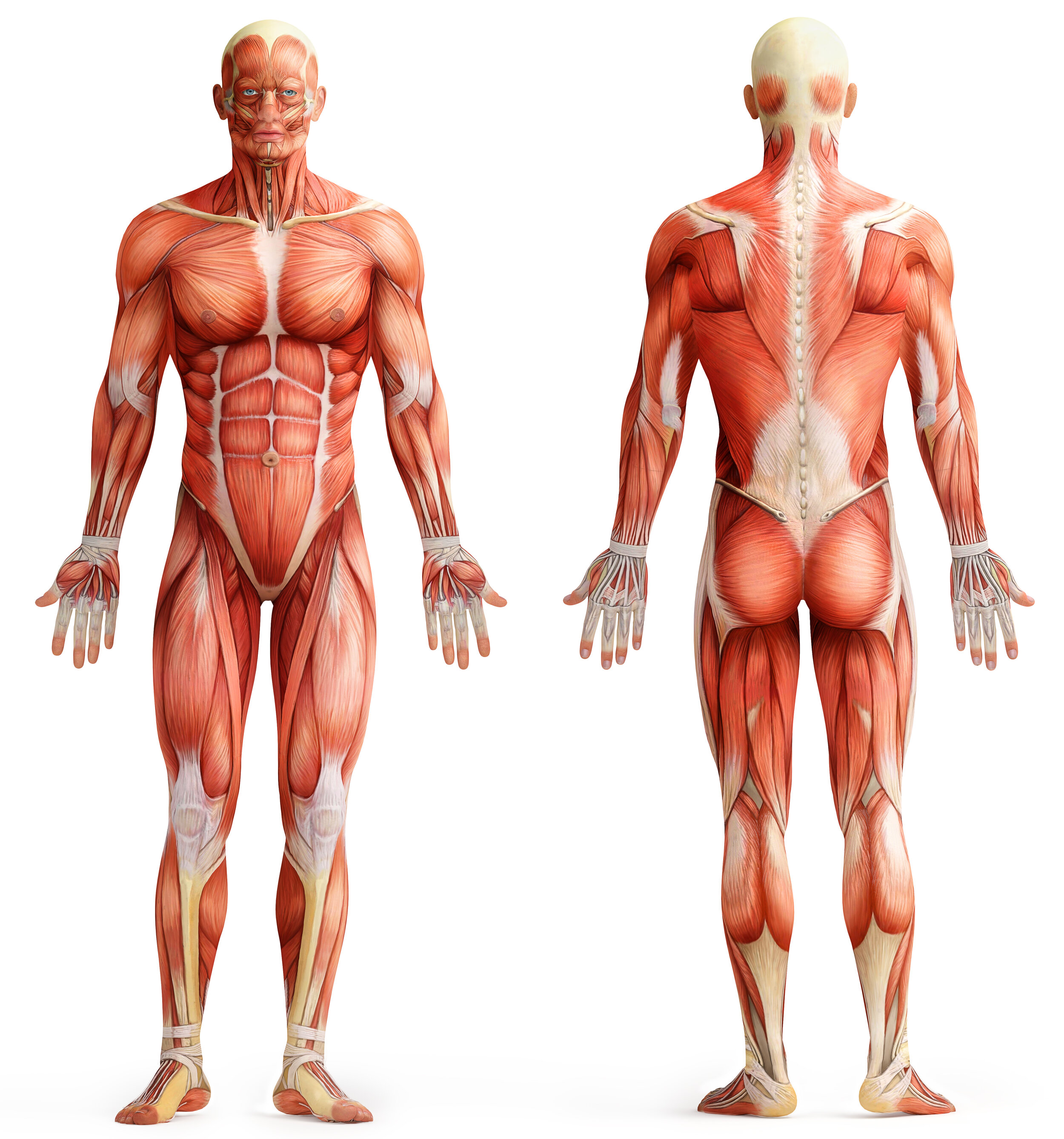Anxiety’s effects on the voice are numerous, due to it’s effects on the upper rectus abdominis, (and therefore muscles throughout the body), the respiratory system, not to mention the self-fulfilling prophesy of “No!” that truncates their ability to perform with ease and personal power. Understanding how to work around, through, and with a student’s mental and emotional repercussions of “I won’t survive” will help them find their full vocal and expressive potential. .
🤯🔜😑🔜😊. .
Anxiety causes the following
- over-thinking (imminent extinction event)
- mouth breathing
- too many breaths per minute
- swelling of the swallowing muscles
- swelling of the vocal folds
- backward vocal placement (hiding)
- costal breathing - raises larynx
- inability to inhale diaphragmatically
- inability to surrender the exhale
- RA hyper-tonicization
- pectoral tension
- trapezoid tension
- latissimus dorsi tension
- lack of diaphragm tonicity
- lack of core strength
- fear of exhaling past the “anxiety floor”
- sharp pitch placement 🤯🔜😑🔜😊 .
Success requires a multi-faceted approach:
1. Restorative yoga and meditation to down-regulate the nervous system, abdominal massage to release the hyper-tonisized upper rectus abdominis and wake up the deep core (Wilson Method Breath Balls). 2. Breath therapy to lower breaths per minute, deepen the inhalation, surrender the exhalation, strengthen diaphragm (Wilson Method Breath Balls)
3. Empowerment poses, movements and postures that wake up the deep core, hips, pelvis, legs.
4. Choosing accessible repertoire both emotionally as well as vocally: They require success earlier than some. Empowering, body-centered repertoire early on helps as well: Less thinking, more feeling.
5. Bring attention to how strong they feel during successful exercises: ask them what they notice so that they learn how to self-regulate. Affirmations from one’s instructor won’t hurt either...
Street Address
City, State, Zip
Phone Number
mind - body - breath - voice
Your Custom Text Here
Recent Blog Posts
Blog































